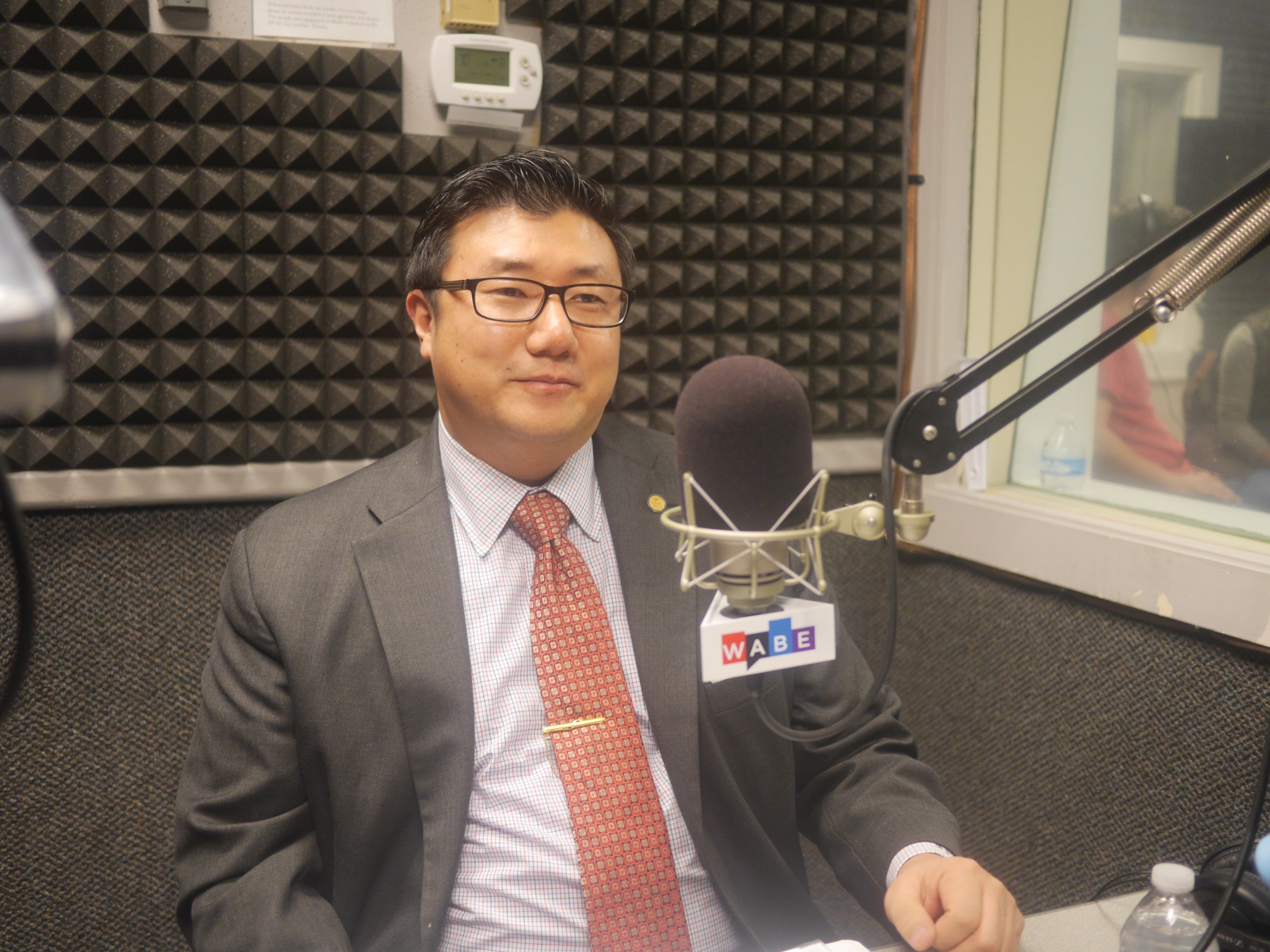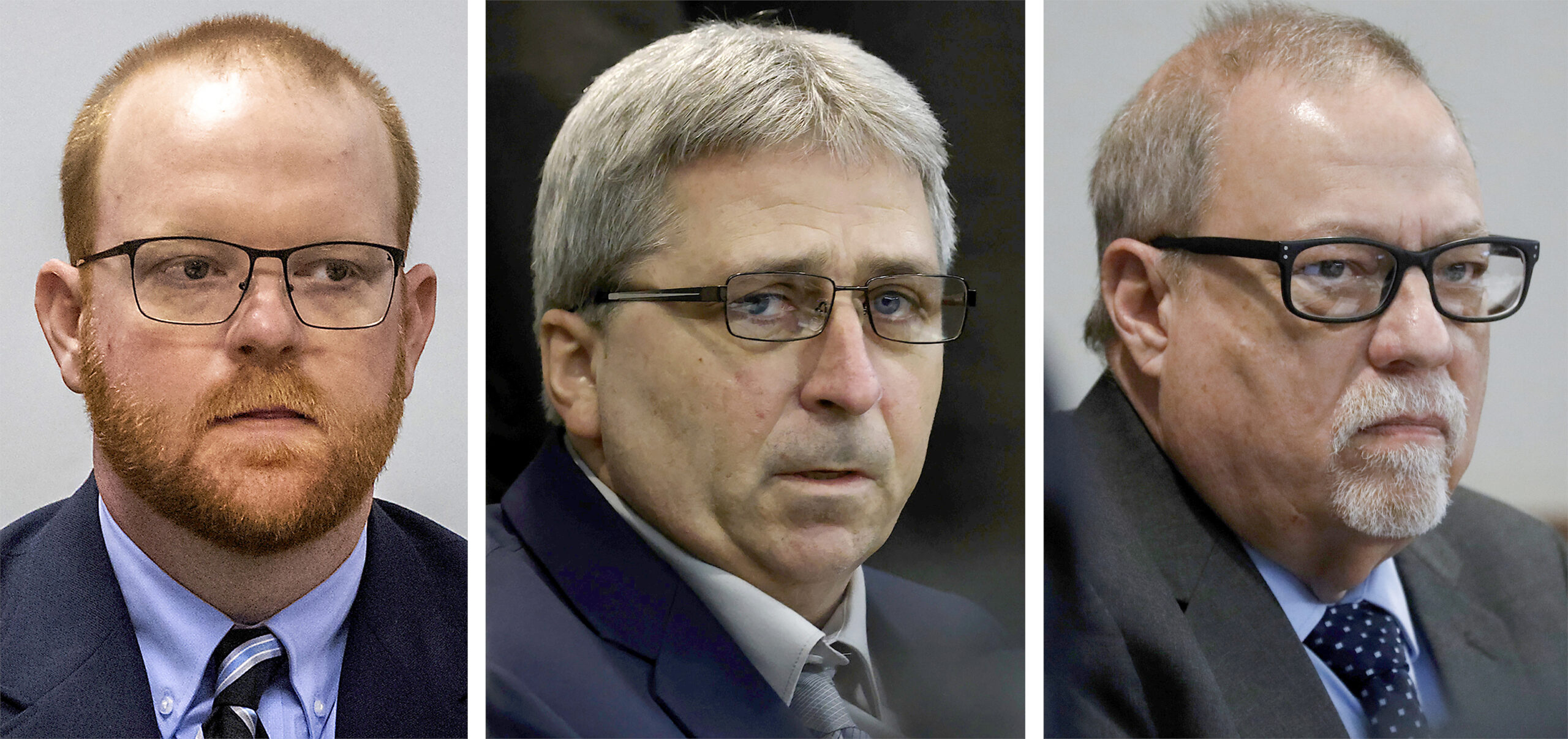Atlanta has a new U.S. attorney: former state lawmaker BJay Pak. He was confirmed in September and replaces outgoing U.S. attorney John Horn.
Like us on Facebook
Pak joined host Denis O’Hayer on “Morning Edition” for a conversation about the Atlanta City Hall bribery investigation, combating cybercrime and fighting the opioid epidemic.
On the status of the Atlanta City Hall bribery investigation
I can tell you the investigation is ongoing. You will probably be aware that the Department of Justice, and also our office, has a policy of not doing any overt actions with respect to the investigation within about six weeks of the election for fear that we may influence the election one way or the other. That doesn’t mean that there is activity going on and that doesn’t mean that we’re not doing anything.
On whether to expect more public action in the investigation now that the Atlanta mayor’s race is over
I do believe that, since the investigation is ongoing, that you may see more actions from our office and investigative agents, and you will hear probably through the grapevine that we are, in fact, talking to some more people.
On the timeline of the investigation
We don’t want to put a timeline in terms of how or when the investigation could end. But obviously, we are sensitive to the fact that the longer it lasts, it may cast a cloud over the [Atlanta mayor’s] administration. So, we are moving with due speed. At the same time, we need to track down and chase down all investigative leads that we have.
On whether an overhaul of Atlanta’s procurement process is a good move
I think the track record, especially in this case, shows that there are some weaknesses in the procurement process. I hope that it’s improved. You could see that some folks have more control over the process than is necessary. There’s not enough checks and balances.
On the message the Atlanta bribery investigation sends to other cities
[People] violating the public trust is a high priority for this administration and particularly my office. We have focused on not just Atlanta. My plan is to look for these types of cases outside the metro Atlanta area to the entire 46 counties that the Northern District of Georgia comprises. So, I think you’ll see us in my office more present in the rural counties as well going forward.
On whether his office has enough resources to fight cybercrime
The technology changes so fast and the resources that we’re given pose some challenges. In addition, the extraterritorial nature of these types of crimes makes it difficult to bring actual bodies for prosecution into our district. But the FBI cybercrime units along with the Secret Service’s cybercrime unit in my office — we have specialists in hacks and intrusion cases. And I think we’re well positioned going forward, to the best of our ability and the resources that we’re given, to try to prevent and bring those who are committing these types of crimes to justice.
On what additional resources would help his office fight cybercrime
The help that we actually need is from our partners in foreign countries. A lot of the hacks and the hackers, at least the nonstate-sponsored hacking, are based in Eastern Europe, former Soviet bloc — so, where we don’t have good extradition treaties and also we have a spotty record in terms of getting mutual legal assistance from those entities.
On what resources he would request from Washington to help fight cybercrime
Having a treaty with China. Lots of activities that violate federal law come from China. A perfect example would be: a lot of the intellectual property theft originates from China. We do think that if the administration in cooperation with our allies are able to bring into the fold into the legal community a superpower like China, I think that would help and go a long way.
On whether the Justice Department should step up enforcement against people in the medical community who overprescribe opioids
Our office has been very aggressive in prosecuting and enforcing our civil laws against those individuals who may be flooding the market with opioids, in addition to seeking community restitution making them pay for the cost of treating folks who are addicted to opioids.
On whether state lawmakers could do more to fight the opioid epidemic
No. 1 is the pharmacy board has been very good in the cases that we work in taking action against pharmacists who are even suspected of filling prescription pills unnecessarily. The medical board, I think, probably needs some more beefing up of powers. The other thing is, as you know, the prescription monitoring database is coming online this year. Getting it online and enforcing the folks for not registering with the database, I think, will go a long way in terms of the battle.









